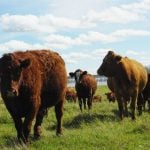The Canadian dollar has shown some weakness over the last month, largely as a result of concerns over the European economy. But analysts are still expecting to see the Canadian dollar reach parity with the U.S. greenback by the end of the year. After reaching parity with the U.S. dollar in May, the Canadian dollar



